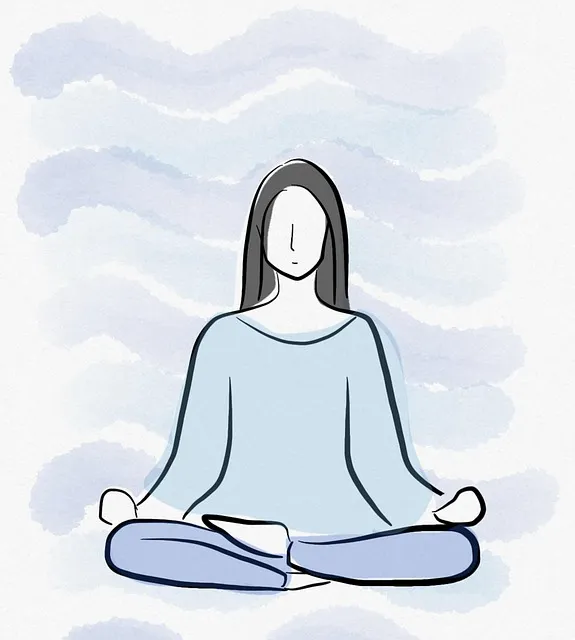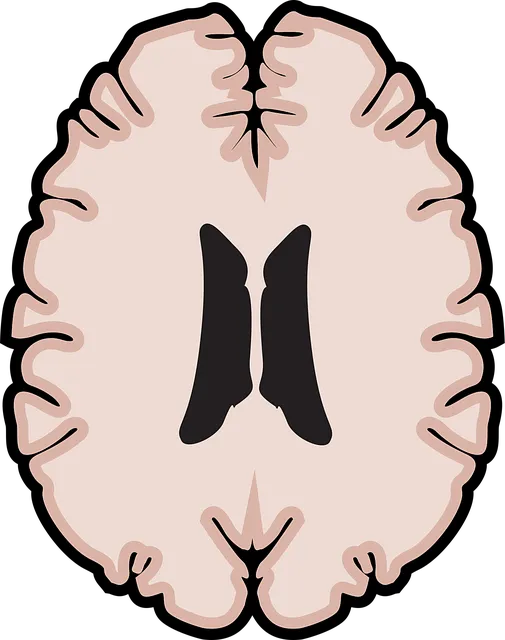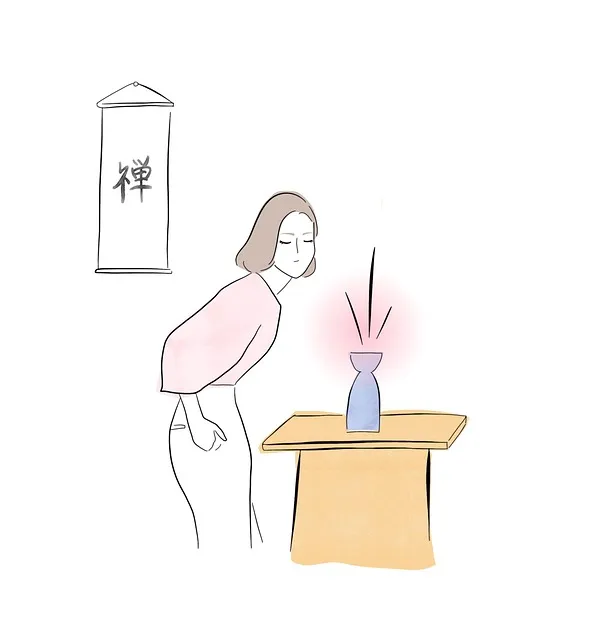Highlands Ranch Kaiser Permanente psychiatry offers mental wellness groups facilitated by skilled professionals creating safe spaces for individuals with shared mental health journeys to connect, communicate openly, and learn from one another. Through active participation, peer interactions, and tailored approaches, group members develop resilience, personalized coping strategies, and enhanced mental well-being. Effective communication, cultural sensitivity, and risk management planning ensure a supportive environment for all participants.
In today’s digital era, mental wellness group facilitation plays a pivotal role in supporting individuals like those at Highlands Ranch Kaiser Permanente psychiatry. This article explores effective techniques for facilitators, delving into crucial aspects of group dynamics, communication strategies, and environment creation. We discuss how to foster connection, engagement, and a safe space, drawing from the expertise of professionals. By implementing these practices, facilitators can enhance support networks, promote healing, and revolutionize mental health care.
- Understanding Mental Wellness Group Dynamics
- Effective Communication Strategies for Facilitators
- Creating a Safe and Supportive Environment
- Techniques to Foster Connection and Engagement
Understanding Mental Wellness Group Dynamics

Understanding the dynamics of mental wellness groups is a cornerstone for effective facilitation. These groups serve as safe spaces where individuals with shared experiences or similar mental health challenges gather to support and learn from one another. Facilitators play a crucial role in creating an environment that fosters open communication, empathy, and a sense of belonging. By promoting active participation and encouraging peer-to-peer interactions, facilitators can help members build resilience and develop coping strategies tailored to their unique needs.
In the context of Highlands Ranch Kaiser Permanente psychiatry services, mental wellness group facilitation techniques go beyond simply providing a platform for discussion. It involves recognizing and addressing the diverse range of emotions, experiences, and progress within the group. Facilitators must be adept at navigating complex dynamics, ensuring that each member feels valued, respected, and empowered to contribute. This tailored approach not only enhances individual mental health awareness but also fosters a sense of community, which is vital for sustained well-being and positive mood management.
Effective Communication Strategies for Facilitators

Effective communication is a cornerstone for successful mental wellness group facilitation. Facilitators at Highlands Ranch Kaiser Permanente psychiatry play a vital role in creating a safe and supportive environment, fostering open dialogue among participants. Active listening, where facilitators pay close attention to each member’s thoughts and feelings without judgment, encourages individuals to share their experiences more freely. This simple yet powerful technique enhances understanding, builds trust, and strengthens the therapeutic bond within the group.
Additionally, clear and concise language is essential for conveying complex mental health concepts and strategies. Facilitators should employ simple terms, provide concrete examples, and offer explanations tailored to diverse learning styles. By using accessible Communication Strategies, facilitators ensure everyone in the group, regardless of their background or understanding level, can grasp the principles of Stress Management and Mental Wellness being discussed.
Creating a Safe and Supportive Environment

Creating a safe and supportive environment is paramount to effective mental wellness group facilitation. At Highlands Ranch Kaiser Permanente psychiatry, this involves cultivating an atmosphere where every participant feels seen, heard, and respected. Facilitators should employ active listening techniques, validate emotions, and encourage open dialogue, fostering trust among members. This environment doesn’t just alleviate anxiety; it empowers individuals to share their experiences, build camaraderie, and offer support to one another.
Cultural sensitivity in mental healthcare practice plays a significant role in this process. Recognizing the diverse backgrounds of group members, facilitators must tailor their approach to avoid assumptions or biases. Incorporating cultural considerations into group activities can enhance participation and ensure everyone feels welcomed. Moreover, risk management planning for mental health professionals is essential to navigate potential challenges safely, allowing facilitators to create a secure space conducive to inner strength development within the group setting.
Techniques to Foster Connection and Engagement

In facilitating mental wellness groups, creating a supportive environment that encourages connection and engagement is paramount, especially at Highlands Ranch Kaiser Permanente psychiatry services. Techniques such as active listening and open-ended questions foster a safe space where members feel comfortable sharing their experiences and insights. Encouraging positive thinking through affirmations and reflection exercises can enhance participants’ emotional intelligence, helping them to better understand and manage their emotions. These practices not only build trust but also promote deeper interactions, making group sessions more impactful.
Additionally, incorporating activities that challenge perspectives and stimulate thoughtful discussions can significantly boost engagement. Public awareness campaigns development around mental health topics can be integrated into these activities, fostering a sense of community while increasing understanding and support for one another. Such initiatives not only enrich the group dynamic but also contribute to broader public awareness campaigns, ultimately benefiting mental wellness on a grander scale.
Mental wellness group facilitation is an art that fosters healing and connection. By understanding dynamic group behaviors, employing effective communication, and creating safe spaces, facilitators can empower individuals on their journey towards mental well-being. The techniques discussed in this article, tailored by professionals at Highlands Ranch Kaiser Permanente psychiatry, offer practical tools to engage participants and enhance therapeutic outcomes. Embracing these strategies can revolutionize group dynamics, ensuring every voice is heard and every individual feels supported in their unique healing process.






